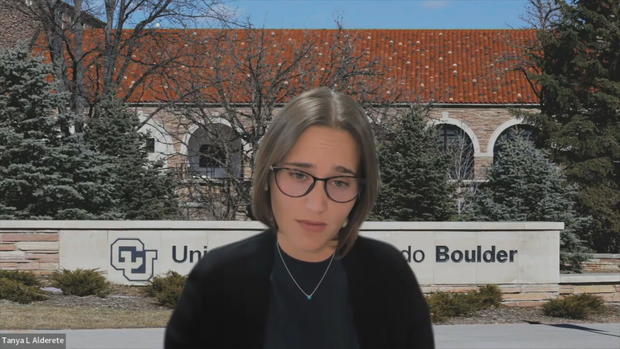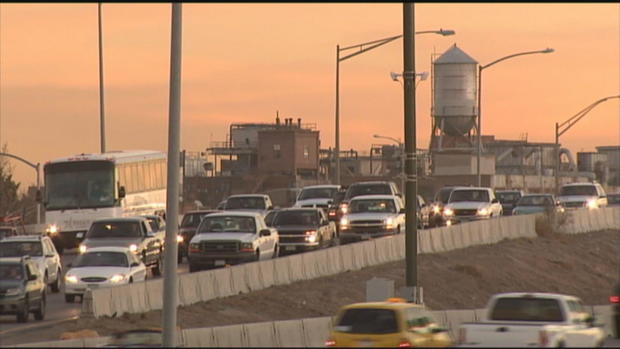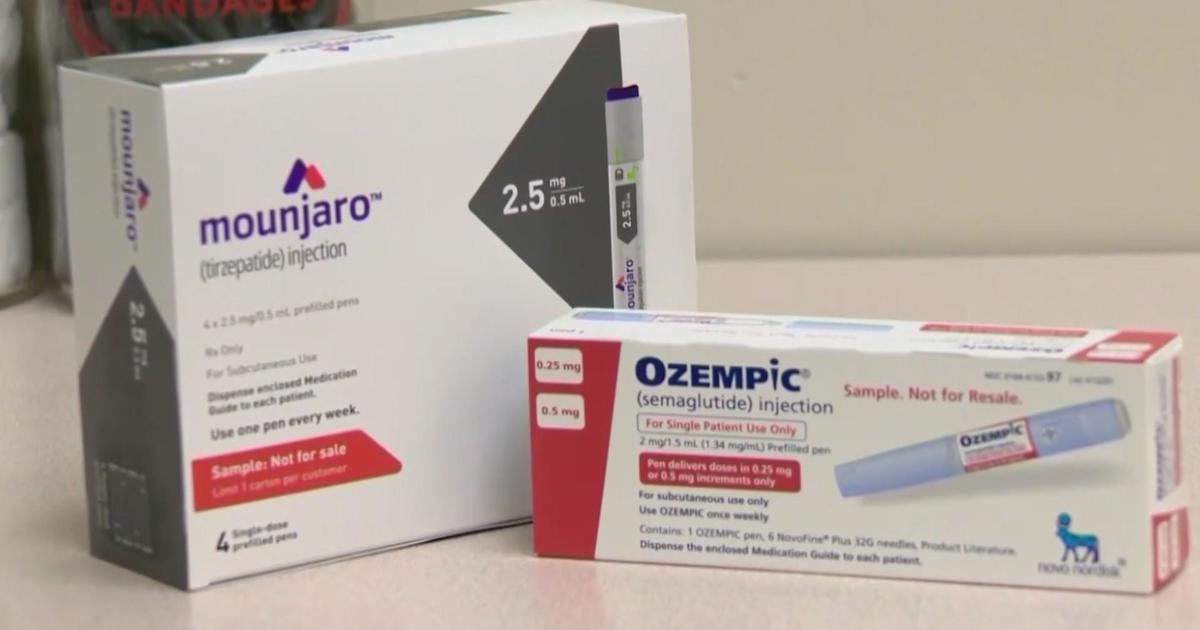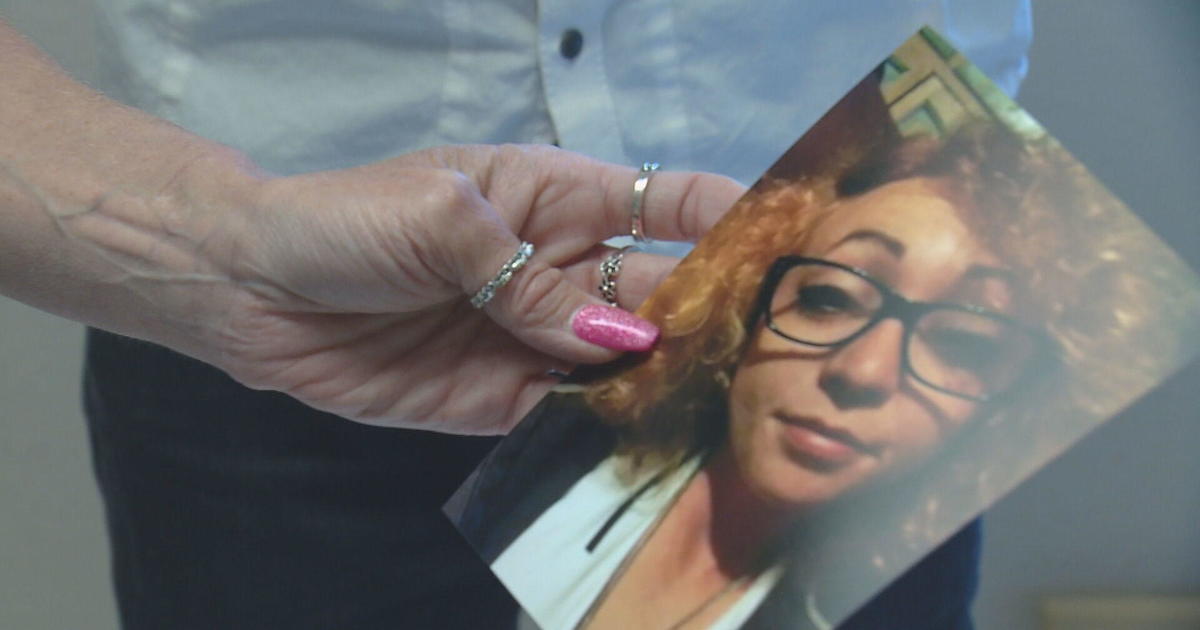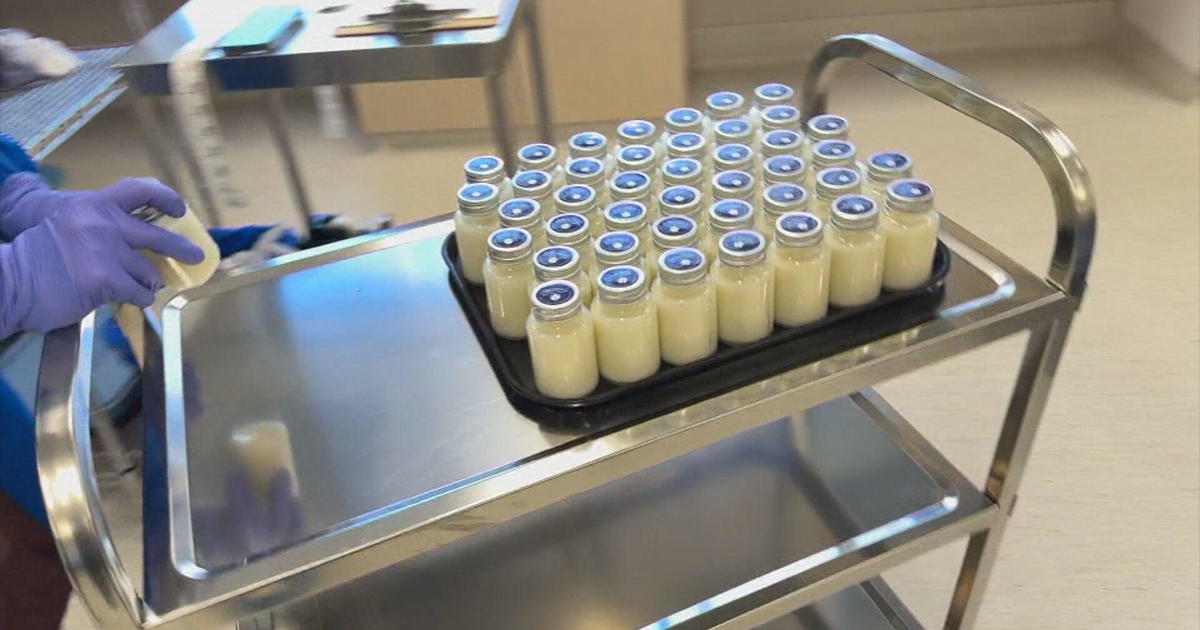Raising babies in polluted areas increases allergy, diabetes risk, Colorado study finds
Tanya Alderete, assistant professor of integrative physiology at CU Boulder, has been studying the effects of air pollution on gut health for a long time. It's a deeply personal topic for her.
"I grew up in the Central Valley of California, which has some of the worst air quality in the nation," said Alderete. "I didn't have any control over that and what I was being exposed to."
Figuring out how to protect people from air pollution is the goal of her newest study, which looked at 103 healthy Latino infants that live in both high pollution and lower pollution areas. Her team used genetic sequencing to identify gut microorganisms. They found that air pollution is taking its toll.
"Early life exposure to air pollution can alter this trajectory of bacteria which grow in the infant's gut which is a normal developmental process," said Alderete.
That could increase the risk of allergies, obesity, diabetes, and influence brain development. The findings affect more people than you might think.
"We actually know that 99% of the world's population lives in areas with unhealthy levels of air pollution," said Alderete.
This study also points out that air pollution is affecting people disproportionately, with poor people and ethnic/racial minorities bearing the brunt. Those groups are exposed to 1.5 times more air pollution than whites because they tend to work, live and attend school in regions closer to busy highways or factories. Alderete hopes her team's work will lead to change.
"I think this needs to spark a deeper conversation about what kind of environments we're creating," Alderete said.
There are things you can do to reduce your exposure to pollution without moving, though. Alderete suggests avoid walking outdoors in high traffic zones, using a low-cost air-filtration system, especially in kids' rooms, opening the windows when cooking and breastfeeding babies for as long as possible.
